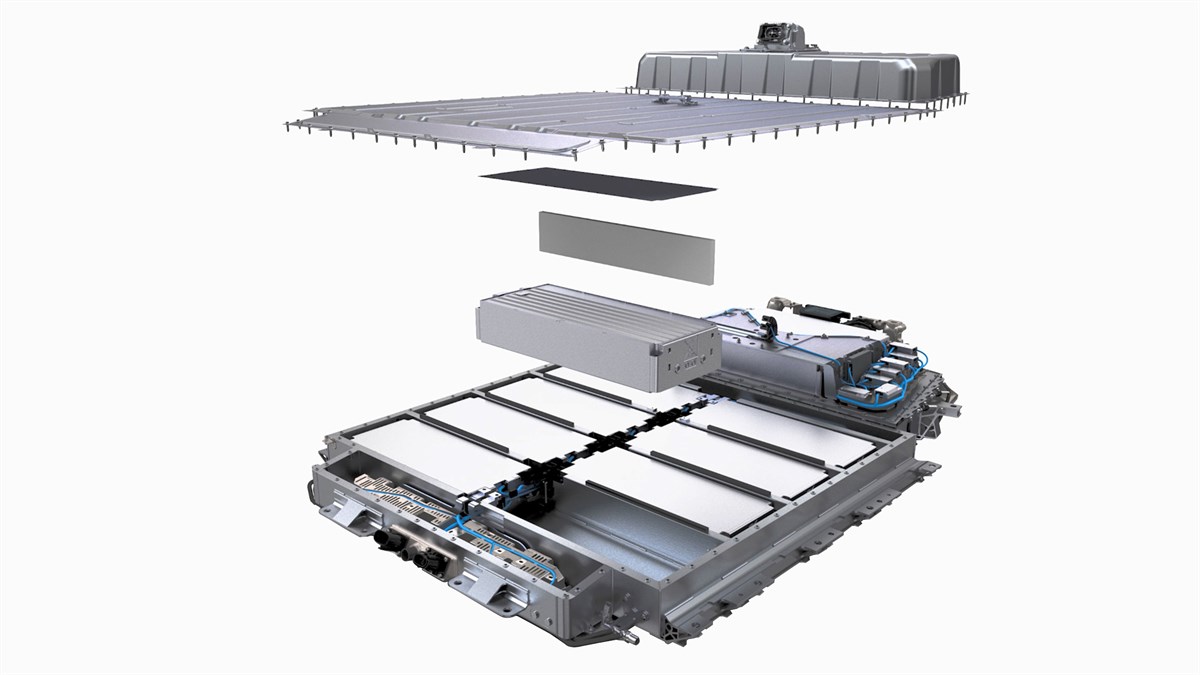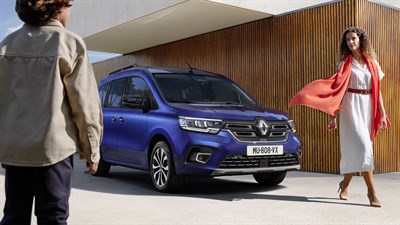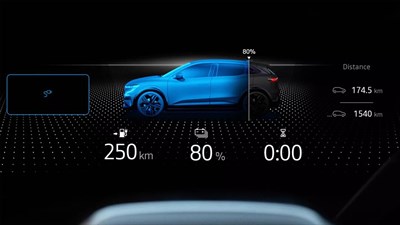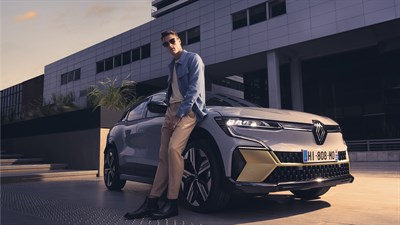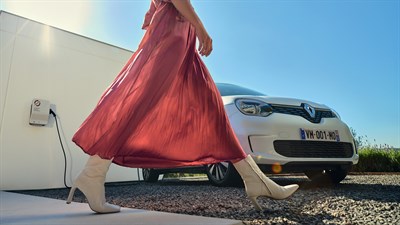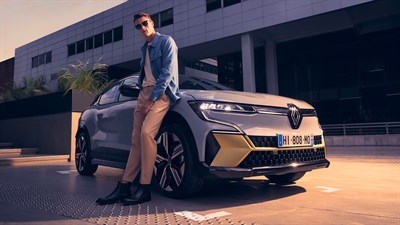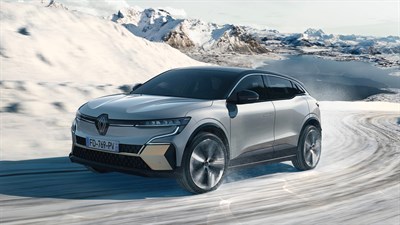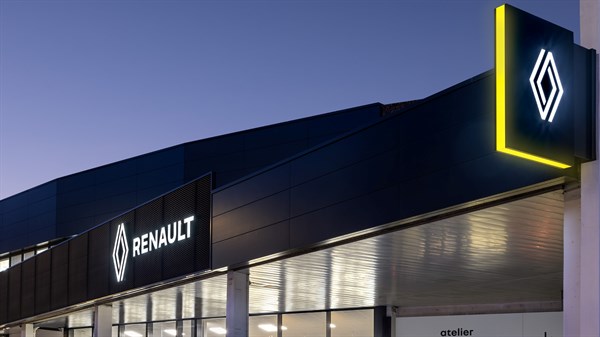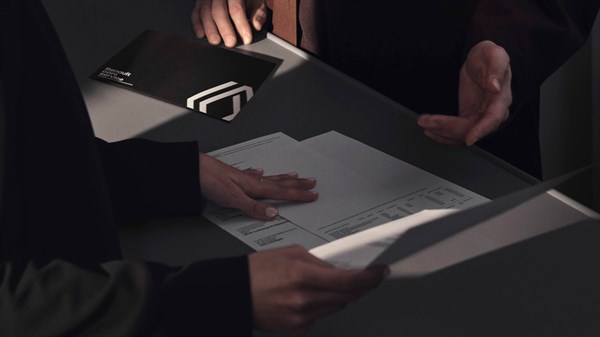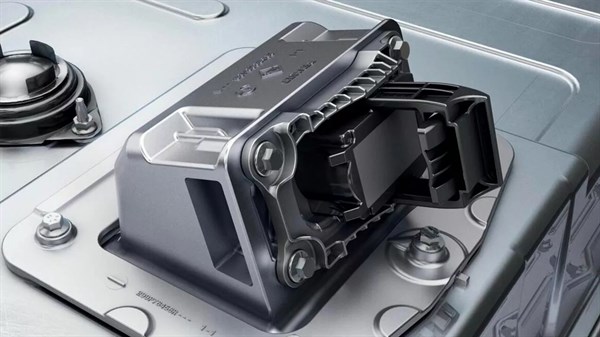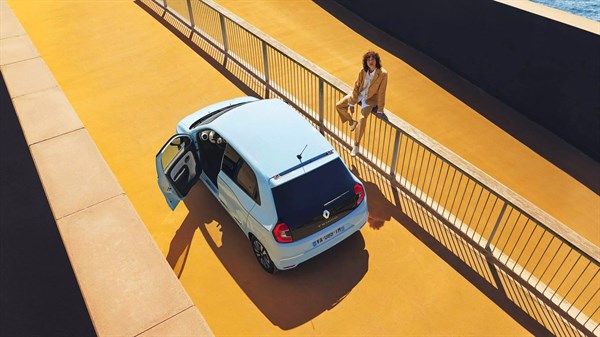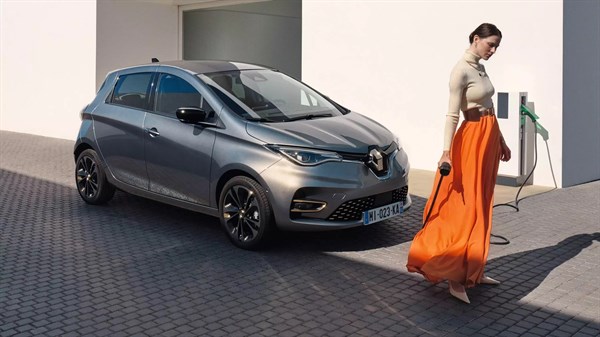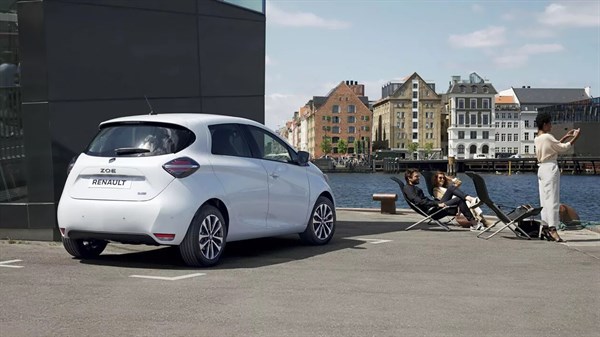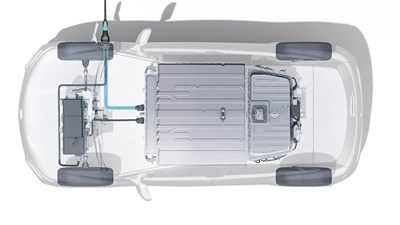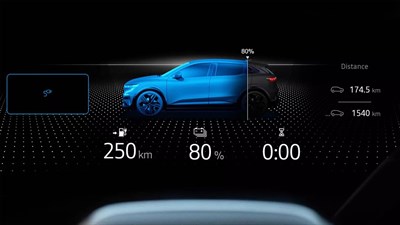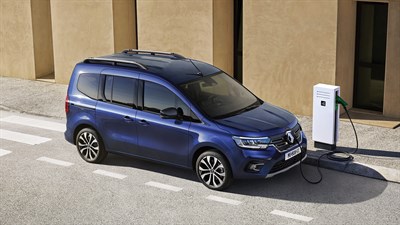EVERYTHING YOU NEED TO KNOW ABOUT RENAULT E-TECH 100% ELECTRIC VEHICLE BATTERIES
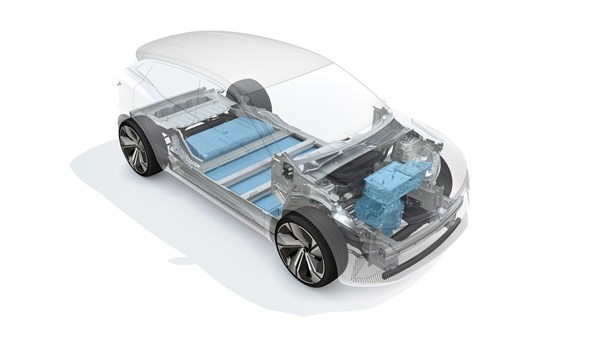
lithium-ion battery
The lithium-ion battery is currently the benchmark technology for electric cars.
Renault chose to equip its E‑Tech 100% electric vehicles with this technology, as it offers customers an optimal technical solution with maximum benefits:
Renault chose to equip its E‑Tech 100% electric vehicles with this technology, as it offers customers an optimal technical solution with maximum benefits:
- high energy density giving long driving range
- able to accept high charging powers for better chargeability
- consistent performance whatever the temperature and no memory effect
- battery durability and ageing managed over time.
understanding the Renault E-Tech 100% electric technology
the design of our batteries
The traction battery is your electric vehicle’s main component. It is designed and produced with the utmost care. We aim to reduce its size while ensuring optimum performance.
The battery consists of several elements that make sure it works properly:
The battery consists of several elements that make sure it works properly:
Note: only the cells and modules are developed with our partners. All other battery components are designed and produced by Renault. A guarantee of quality to meet your requirements.
how does an electric battery work?
The lithium-ion battery is a component that converts chemical energy into electrical energy. This happens as a result of a chemical reaction that takes place between 2 electrodes - one positive (the cathode) and the other negative (the anode), all immersed in an electrolyte.
When the battery powers your car, the accumulated electrons are released in a constant flux of energy through the vehicle’s circuitry between the anode and the cathode to power the electric motor.
Conversely, when the battery recovers energy transmitted by the charger or through regenerative braking, the electrons return to their initial position.
When the battery powers your car, the accumulated electrons are released in a constant flux of energy through the vehicle’s circuitry between the anode and the cathode to power the electric motor.
Conversely, when the battery recovers energy transmitted by the charger or through regenerative braking, the electrons return to their initial position.
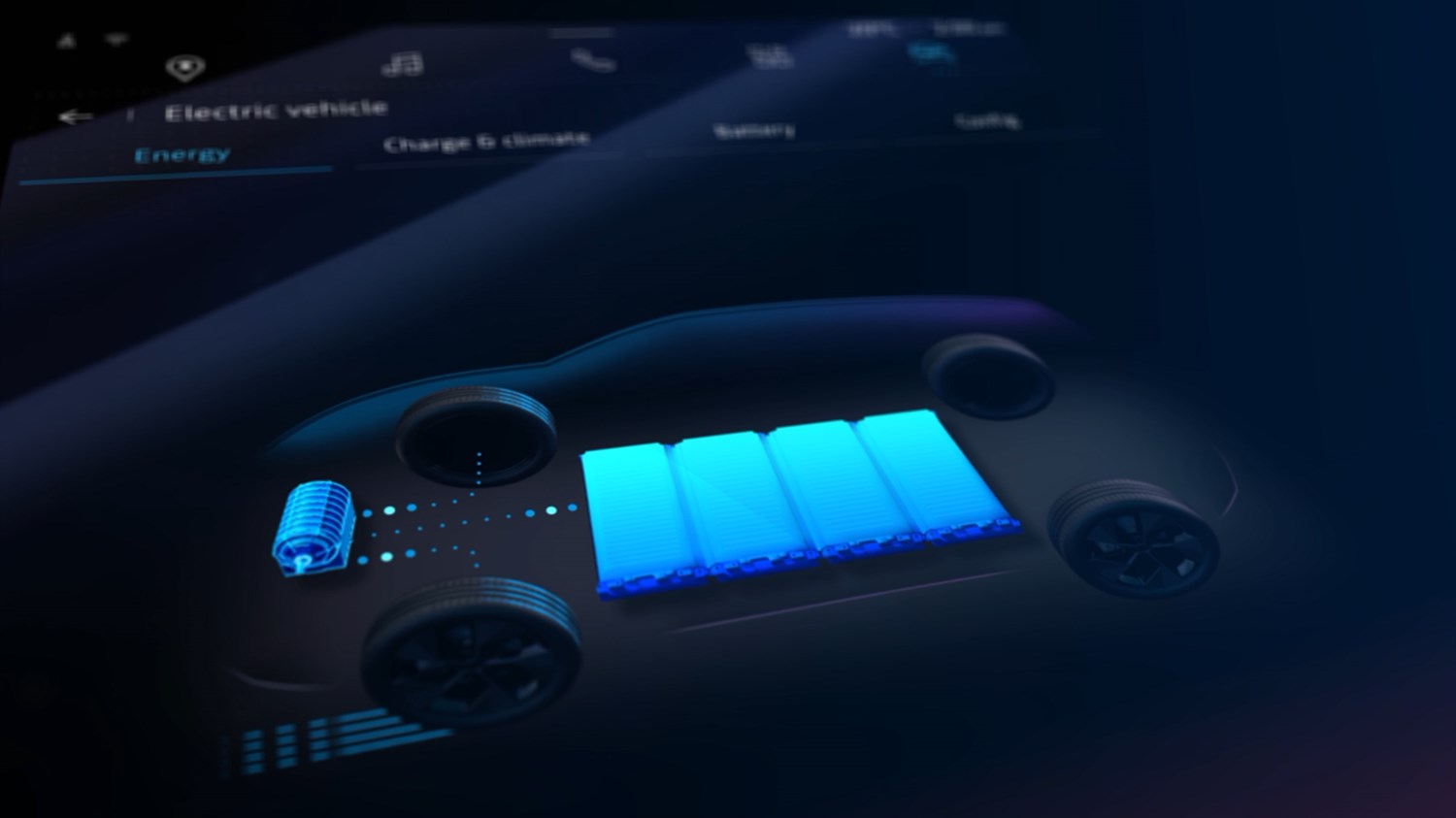
battery performance
battery safety
The safety of its electric vehicles is a priority for Renault. Renault is the only car manufacturer to have integrated a firefighter into its teams. Both work in close collaboration with third-party safety experts to improve your safety. Two major innovations for example:
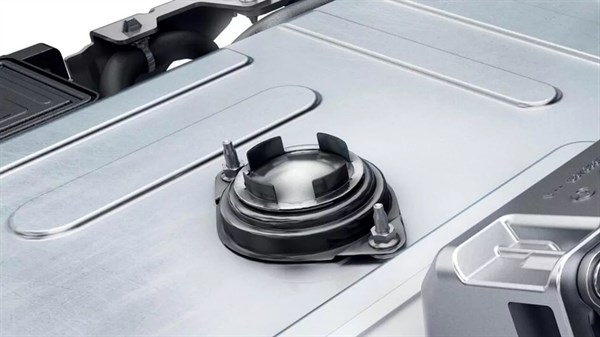
Fireman Access
The Fireman Access gives firefighters direct access to the heart of the battery if it is affected by an external fire, reducing the intervention time to just 5 minutes.
battery second life and recycling
When batteries reach the end of their first life, i.e. between 10 and 15 years or when they fall below the 70% charging capacity, they can be replaced.
They then embark on a second life, for example by being reused for storing renewable energy or other less demanding mobile uses. Once this second life has ended, they can then be recycled.
They then embark on a second life, for example by being reused for storing renewable energy or other less demanding mobile uses. Once this second life has ended, they can then be recycled.
